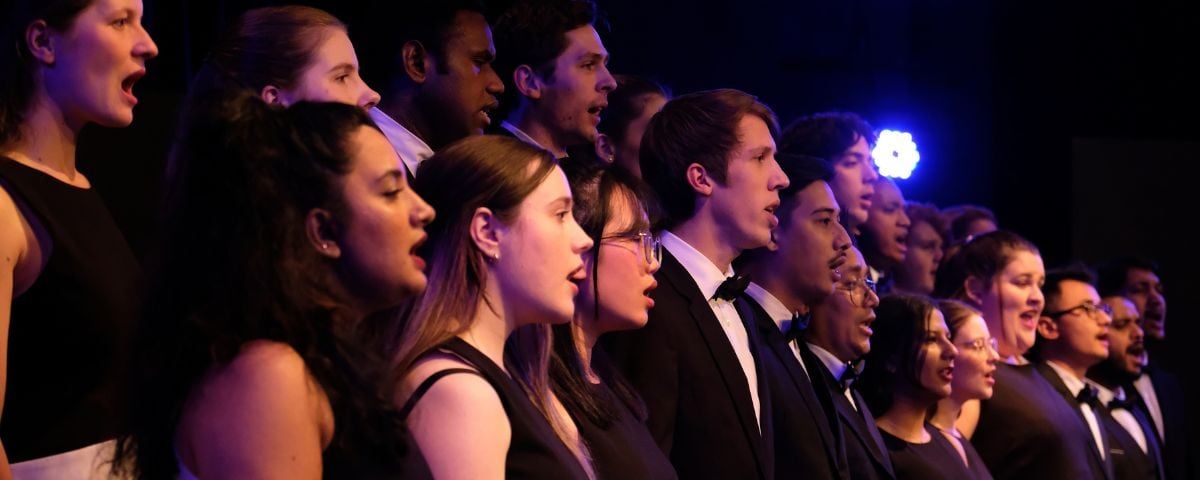Understanding the Reawakening: The Shift in Religious Affiliation in a Post-Christian Society
Key Takeaways:
- Despite a decline in cultural Christianity, there’s a notable shift of individuals from ‘no religion’ to Christianity, in particular, younger Australians.
- Young Australians are driving revival, showing an active engagement and open mind to spiritual conversations, defying the norms of secularism.
- Churches have a renewed opportunity to connect by focusing on youth ministry and engaging those searching for purpose and meaning.
- Listen to this conversation in the player above.
In recent years, data has shown a consistent narrative of Australians moving away from Christianity, spotlighted by a notable drop from 61% to 44% of self-identified Christians from 2011 to 2021.
However, a different narrative surfaces upon closer inspection, especially among those who initially claimed no religious affiliation.
The Emergence of a Post-Secular Society
Mark McCrindle, during his discussion on Hope 1032 Drive with Chris Jolly, revealed an intriguing countertrend.
“800,000 people in the last five years who were in the no religion category now are saying Christianity.”
This shift suggests an emergence of what might be termed a ‘post-secular’ society, where the disenchantment with secularism is palpable across age demographics.
McCrindle articulately describes this as a movement beyond secularism, noting, “Secularism, particularly young people, hasn’t delivered… A search for meaning in science or in oneself is leaving people empty.”
Hope 103.2 is proudly supported by
There’s a notable shift of individuals from ‘no religion’ to Christianity, in particular, younger Australians.
This emptiness paves the way for a renewed exploration of faith and belonging, beyond the confines of secular ideologies.
Reflecting a societal hunger for deeper meaning and purpose, something which secularism and its promises have failed to satisfy.
Understanding this shift is crucial for religious and secular institutions alike as they navigate these changing perceptions.
Youth Driving the Faith Revival
An enlightening aspect of the dialogue highlighted by McCrindle is the vital role of young Australians in this religious resurgence.
A deep dive into the age demographics reveals a compelling story.
“More than 2/3 of 20 somethings who said their faith was Christianity attend church regularly,” McCrindle said.
This statistic is not only encouraging for religious communities but also poses a challenge to stereotypes about millennials and Gen Z.
McCrindle underscores the point that young Australians are not influenced merely by cultural upbringing but engage with Christianity as a personal and significant choice.
Young Australians are driving revival, showing an active engagement and open mind to spiritual conversations.
“Australians aren’t ticking the box unless they have active practice of Christianity and current belief in Christianity.”
This active engagement is further demonstrated by their willingness to participate in spiritual conversations.
McCrindle supports this, sharing findings that “more than half of them said that they’re extremely, very open to having a spiritual conversation.”
It seems that young Australians are actively searching for depth and authenticity in their faith journeys.
This creates a fertile ground for religious institutions to nurture this curiosity, particularly through youth ministries and contemporary religious dialogues.
Opportunities for Churches and Religious Leaders
This emerging trend presents a strategic opportunity for religious institutions to reimagine how they engage with both youth and those seeking purpose and belonging.
McCrindle emphasises this potential: “We’re seeing… a great opportunity for churches and ministry leaders to reinvest in their youth ministry.”
Recognising that young people are inherently in a phase of life where they seek meaning beyond mere existence, it becomes critical for religious entities to provide spaces and forums for dialogue, reflection, and community-building.
This age group, described by McCrindle as being “in the critical decade where they’re making the decisions of life,” can benefit significantly from directed spiritual guidance and support.
Churches have a renewed opportunity to connect by focusing on youth ministry.
Moreover, older Australians are also ripe for re-engagement, potentially revisiting faith during periods of life transition.
As McCrindle notes, uncertainty in later stages of life becomes a catalyst for religious re-evaluation, proposing a shift from no religion back to Christianity.
The insights from McCrindle’s research present a dynamic landscape for religion in Australia.
The shift from a secular to a post-secular society brings forth new avenues for ministry and spiritual engagement.
Younger generations, often labeled as detached from religious practices, are now leading this transformation, presenting both challenges and opportunities for revival.
The data highlights an openness and quest for meaning that aligns with the historical roots of Christianity, thereby creating a strong foundation for future growth.
As religious communities adapt and respond to these trends, the potential for revival in a world seeking authenticity and deeper understanding of faith is both real and promising.
Listen to this conversation in the player above.
Feature image: Photo by CanvaPro
Get daily encouragement delivered straight to your inbox
Writers from our Real Hope community offer valuable wisdom and insights based on their own experiences!
Subscribe + stay connected with all
our latest stories
Hope 103.2 is proudly supported by





















